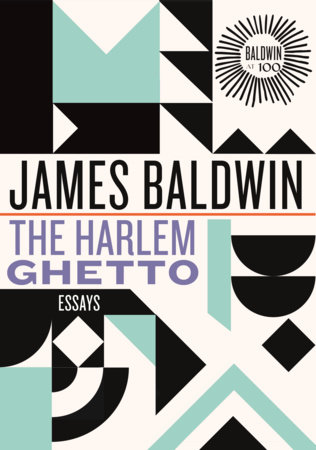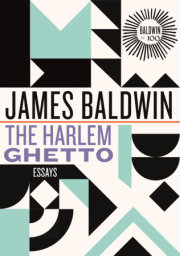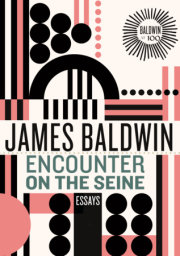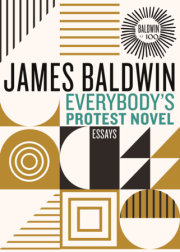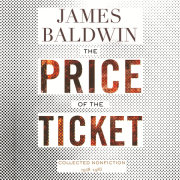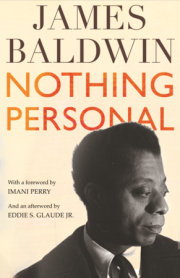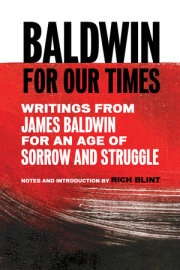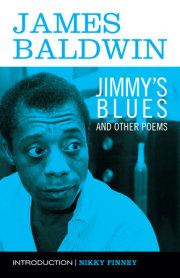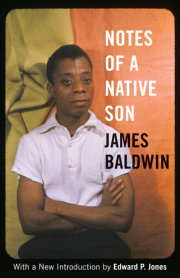Celebrating 100 years of James Baldwin
In celebration of James Baldwin, the literary legend and civil rights champion, and the centennial of his birth, we are sharing a collection of his work. James Baldwin (1924–1987) was a novelist, essayist, playwright, poet, and social critic. His first novel, Go Tell It on the Mountain, appeared in 1953 to excellent reviews, and his essay collections Notes

